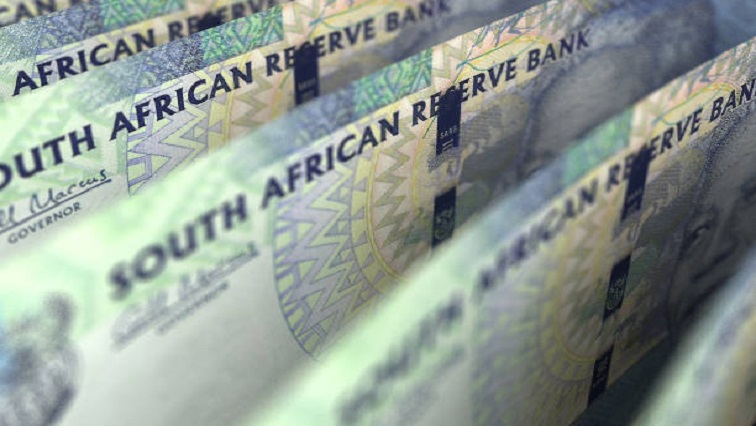The International Monetary Fund remains cautious around South Africa’s economic growth for 2023, pegging it at 0.3 %, attributing this in large part to the energy crisis. And it’s warning that South Africa’s debt pile is set to rise in the coming years. In an exclusive interview with SABC News, the IMF’s First Deputy Managing Director, Gita Gopinath, spoke to a number of global and local burning issues.
The IMF says it expects global growth to be around 3.0 % for 2023. That’s a downward estimate on last year’s 3.5%. For South Africa, it sees tepid growth of 0.3 % and worries that the country’s debt trajectory is set to hike further.
“In the debt issue, this is a very important challenge for South Africa. We are seeing, expecting debt to grow further into the future years, so our projections for instance for the share of revenues that has to go into just paying in the interest payments on that debt is projected to grow from 19% this year to 28% in 2028. Now this year SA spent about 13% of its budget on health, so we’re talking about a number that’s at least twice as big as the number for health spending this year,” says Gopinath.
Gopinath says it’s not yet clear, the kind of impact technologies like artificial intelligence will have on jobs, but says societies need to ready themselves for the changes these will bring. But she says South Africa needs to deal with its long-standing structural issues to better ensure increased job prospects in any event.
“The quality of education needs to be improved, labour market flexibility’s going to be very important, product market competition is going to be very important and if you want to be able to have growth and have jobs, you need energy sector that works, that’s critical. I mean addressing the energy crisis that SA faces this year, for instance, is absolutely important to make sure that you can have a growth of industry and you can have jobs being created,” Gopinath explains.
With talk of new COVID-19 cases in the US and concerns of a new wave of infections being spoken about at the margins, Gopinath says it makes sense for the world to do things differently to avoid the catastrophic decisions that were taken to lockdown economies.
“It’s very important that we have what we call surge financing…than we did the last time,” Gopinath reiterates.
When asked about the 15th BRICS summit which South Africa hosted last week, Gopinath said countries joining forces to boost their economic fortunes was a positive thing and said it could potentially be an opportune development for South Africa’s economic fortunes.
“In terms of increasing the use of their currencies on the global stage, the best thing the countries can do is have very sound policy frameworks that give confidence in the currencies and ensure their currencies have deep markets, easy convertibility. Now these are the kinds of steps that will encourage their use by private agents, that plays an important role,” says Gopinath.
The IMF says it sees global inflation steadily coming down, pointing at South Africa as having done particularly well in that arena. Local consumer price inflation came in at 4.7 % in July, on a year-on-year basis, slowing down markedly from the 5.4 % print registered in June.
With inflation having fallen to within the Reserve Bank’s inflation target range, some analysts predict that we’ll start seeing interest rates declining sometime next year.


